Prunes are dried plums. They come from the Prunus domestica tree. Prunes have a long history. People have eaten them for thousands of years. Many cuisines around the world use prunes. They add a sweet flavor and a chewy texture to dishes.
Prunes are not just tasty; they are also very nutritious. They are full of vitamins and minerals. Prunes are known for their health benefits. People often talk about the prunes dry fruit benefits. These benefits include helping with digestion and providing energy. More and more people are discovering how good prunes are for their health.
Nutritional Profile of Prunes
|
Nutrient |
Amount per 100g |
% Daily Value |
|
Calories |
240 |
12% |
|
Fiber |
7g |
28% |
|
Vitamin K |
60.5µg |
50% |
|
Vitamin A |
781IU |
16% |
|
Potassium |
732mg |
21% |
|
Iron |
0.88mg |
5% |
|
Antioxidants |
- |
- |
Prunes nutrition shows that they are high in calories. A 100-gram serving has 240 calories. This makes them a good source of energy. Prunes also have 7 grams of fiber. Fiber helps with digestion and keeps the body healthy.
- Vitamin K is important for blood health, and prunes have 60.5 micrograms per 100 grams. This amount covers 50% of the daily need. Vitamin A is good for vision and skin. Prunes give 16% of the daily value with 781 International Units.
- Potassium helps keep the heart and muscles working well. Prunes provide 732 milligrams, covering 21% of the daily value. Iron is essential for blood health. Prunes have 0.88 milligrams of iron, which is 5% of the daily value.
Dried prunes benefits come from their high fiber and nutrients. They also contain antioxidants. Antioxidants help protect the body from damage.
Digestive Health Benefits
Prunes benefits include helping with digestion. They have high fiber and sorbitol content. Fiber adds bulk to stool, making it easier to pass. Sorbitol draws water into the intestines, softening the stool.
- Prunes for digestion can help alleviate constipation. Studies show that prunes are more effective than some other laxatives. One study found that people who ate prunes had better stool frequency and consistency than those who used a common laxative.
- To enjoy these benefits, it is recommended to eat about 4 to 5 prunes a day. This serving size can improve digestive health and help with constipation.
A case study showed a woman named Lisa. She ate 5 prunes every day for a month. After that, she reported feeling less bloated and had regular bowel movements. She said prunes made her feel much better.
Prunes are a natural way to support digestion and improve stool frequency.
Bone Health Enhancement
Prunes benefits are important for bone health, especially for postmenopausal women. Research shows that eating 5-6 prunes daily can help maintain bone density. This can lower the risk of osteoporosis, a condition that weakens bones.
-
Vitamin K
Vitamin K plays a key role in bone health. It helps in the process of bone formation. Prunes contain a good amount of vitamin K. This nutrient supports the building of strong bones and helps keep them healthy. -
Manganese
Manganese is another important nutrient found in prunes. It helps in the formation of bone tissue. Manganese also aids in the absorption of calcium, which is vital for strong bones. Eating prunes regularly can provide the body with manganese to support bone density.
Prunes for osteoporosis can be a simple way to promote better bone health. By including prunes in their diet, postmenopausal women can enjoy these benefits and help protect their bones.
Heart Health Advantages
- Prunes benefits include helping heart health. They have potassium and fiber, which are good for the heart.
- Potassium helps lower blood pressure. Lower blood pressure can reduce the risk of heart disease.
- Fiber helps lower cholesterol levels. Low cholesterol is important for heart health.
Studies show that people who eat prunes regularly have fewer heart disease risk factors. One study found that eating prunes can lead to lower blood pressure and better cholesterol levels. Another study showed a clear link between prunes and a healthier heart.
Eating prunes for cholesterol can be a smart choice. They support overall cardiovascular health and help keep the heart strong.
Antioxidant Properties
Prunes have many benefits, especially because they are rich in antioxidants. One key type of antioxidant in prunes is polyphenols.
- These polyphenols help combat oxidative stress. Oxidative stress happens when there are too many harmful molecules in the body. This can lead to inflammation, which is a big issue for health.
- The antioxidants in prunes can help lower the risk of chronic diseases. Chronic diseases include serious health issues like cancer and heart disease. By fighting oxidative stress and inflammation, prunes may protect the body from these diseases.
Here is a list of some important antioxidants found in prunes and their health benefits:
Polyphenols: They reduce inflammation and may lower the chance of heart disease.Vitamin C: This vitamin boosts the immune system and also helps fight oxidative stress.Beta-carotene: This antioxidant supports eye health and improves skin health.
Eating prunes regularly can help improve overall health. The antioxidants in prunes play a big role in chronic disease prevention. Prunes and inflammation are closely linked, as these fruits can help reduce inflammation in the body.
Blood Sugar Regulation
Blood sugar regulation is important for health. Prunes have many benefits, especially for blood sugar levels.
Prunes can help manage blood sugar by slowing glucose absorption in the body. This means that prunes can help prevent sudden spikes in blood sugar.
- When a person eats food, their body breaks it down into glucose. Glucose is a type of sugar that enters the bloodstream. If glucose enters the blood too quickly, it can cause high blood sugar. This is not good for health, especially for people with diabetes.
- Prunes help with this process. They contain fiber. Fiber slows down how fast glucose enters the blood. This helps keep blood sugar levels steady. Studies show that prunes have a low glycemic index. A low glycemic index means that prunes do not cause a big rise in blood sugar. This is helpful for diabetes management.
For people managing diabetes, prunes can be a smart choice. Eating prunes may help keep blood sugar stable. This can make it easier to control diabetes. Adding prunes to a diet can be a tasty way to support blood sugar regulation.
Weight Management Support
Weight management support is important for many people. Prunes benefits include helping with weight loss. The dietary fiber in prunes plays a big role in this. Fiber helps people feel full, which is known as satiety. When someone feels full, they are less likely to eat too many calories.
- Several studies suggest that adding prunes to meals can help control appetite. This means that people may eat less overall. For example, a study showed that people who ate prunes felt less hungry later on. This can lead to a reduction in calorie intake.
- Incorporating prunes into daily meals is easy. People can add prunes to oatmeal or yogurt for breakfast. They can also use prunes in salads or smoothies. For a quick snack, prunes are tasty on their own.
Using prunes for appetite control can be a smart choice. They not only taste good but also help with managing weight.
Skin Health Benefits
- Prunes benefits: Prunes are rich in antioxidants. Antioxidants fight free radicals. Free radicals can damage skin cells. This helps keep the skin healthy.
- Prunes and skin health: Prunes help support collagen production. Collagen is important for skin elasticity. More collagen means firmer and smoother skin.
- Prunes for anti-aging: Regular consumption of prunes may lead to a youthful complexion. Eating prunes can help reduce signs of aging. This happens because antioxidants and collagen work together to protect and nourish the skin.
Incorporating Prunes into Your Diet
Incorporating prunes into your diet is easy and tasty. Here are some practical suggestions for adding prunes to daily meals:
- Smoothies: Blend prunes into smoothies for extra flavor and nutrients. They add natural sweetness and can help with digestion. A serving size of about 2-3 prunes works well.
- Salads: Chop prunes and mix them into salads. They add a chewy texture and a sweet taste. Try using 2-4 chopped prunes in a single salad.
- Snacks: Eat prunes as a quick snack. They are sweet and satisfying. A serving size of 4-5 prunes is great for a healthy snack.
- Baking: Add prunes to baked goods like muffins or bread. They keep the treats moist and flavorful. Use about ½ cup of chopped prunes in your recipe.
When selecting prunes, look for ones that are plump and moist. Avoid those that look dry or shriveled. Krishival offers a variety of premium prunes that are perfect for these purposes. Eating prunes regularly can provide many prunes benefits, such as better digestion and more energy.
Potential Side Effects and Precautions
Excessive prune consumption can lead to potential side effects. One common side effect is digestive discomfort. This can include bloating, gas, and stomach cramps. Prunes are high in fiber, and too much fiber can upset the digestive system.
- People should also be careful about how many prunes they eat. Eating a lot of prunes at once can cause diarrhea. This happens because prunes contain sorbitol, a natural sugar that can have a laxative effect.
- It is important for individuals to listen to their bodies. If someone feels discomfort after eating prunes, they should eat fewer prunes. Staying hydrated is also key. Drinking water can help manage any digestive issues.
Overall, moderation is important when eating prunes. Too many can create problems, so it’s best to enjoy them in smaller amounts.
Conclusion
Prunes are a nutrient-packed fruit with a rich history and numerous health benefits. They support digestion, strengthen bones, improve heart health, and help regulate blood sugar levels. The antioxidants in prunes reduce inflammation, while their fiber content aids in weight management. Regular consumption of prunes can also promote healthy skin and provide energy. With easy ways to incorporate them into meals and snacks, prunes are a versatile addition to any diet. However, moderation is key to avoiding side effects like digestive discomfort. By eating prunes in balanced amounts, individuals can enjoy their many advantages for overall health and wellness.


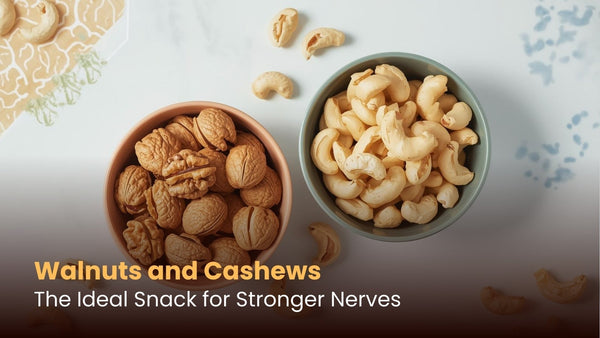

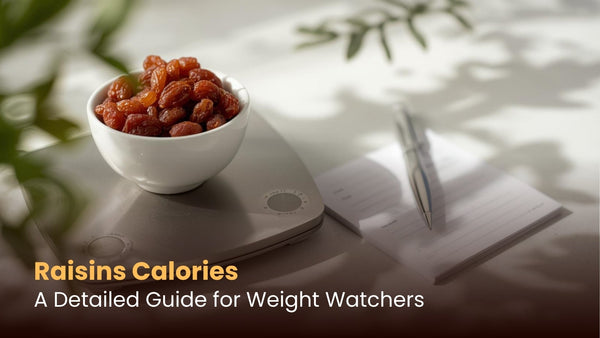
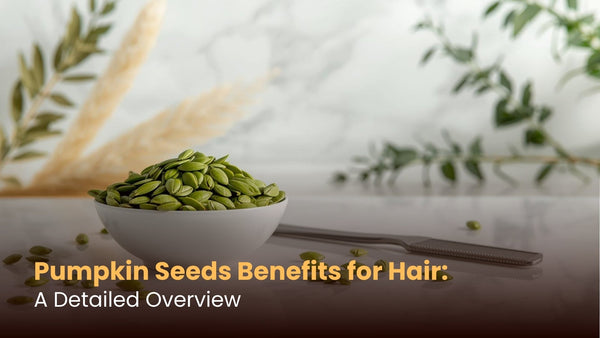



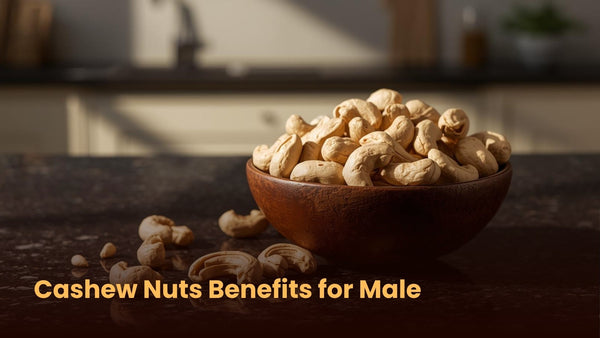
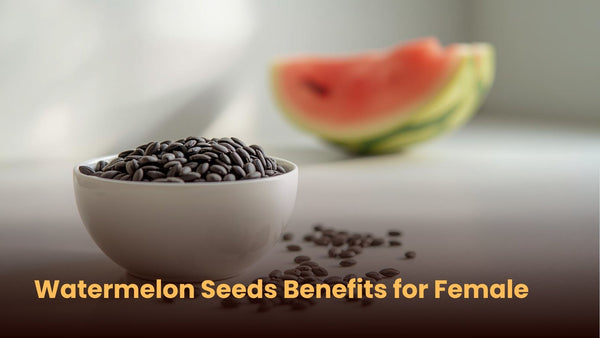
Share Your Thoughts